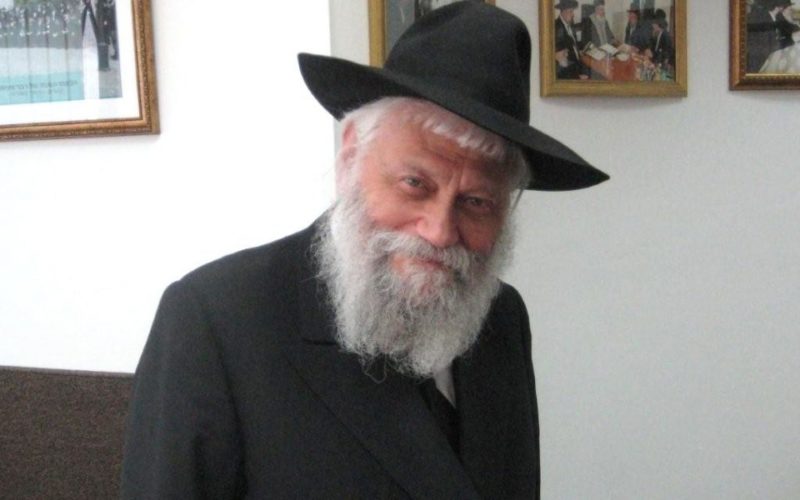Outrageous Verdict in Germany: Shul Arson Was Not an Anti-Semitic Incident

A most disturbing verdict, which has greatly upset Germany’s Jewish community, demonstrates that Europeans have a long way to go in dealing with the “new anti-Semitism.” In the midst of Israel’s “Operation Protective Edge,” three Palestinian youths hurled a Molotov cocktail at a shul in the German city of Wuppertal. The three youths were convicted but were released with a minimal sentence after they convinced the judge that the motive for the attack was not anti-Semitic but was, rather, hatred for the State of Israel.
The ruling shocked the Jewish community in Germany, particularly since it set a precedent that Jewish institutions in Germany could serve as legitimate targets for violent protest against the State of Israel and its policies.
The appeal was heard last week by a higher court, in the district court of Düsseldorf, which upheld the ruling denying the anti-Semitic character of the attack on a synagogue.
How is it possible that an attack against a shul in Germany is not considered an anti-Semitic act? Ten years ago, Jewish organizations drafted a “working document” that sought to define anti-Semitism and to clarify the boundaries between legitimate criticism of Israel and anti-Semitism. Under pressure from various elements – and not only Arab and Muslim – the European Union refused to formally recognize this definition and even made sure that it would not be posted on official websites of EU institutions that are supposed to be dealing with the struggle against racism and anti-Semitism.
Harav Menachem Margolin, Director of the Rabbinical Centre of Europe and of the European Jewish Association (EJA) said in response: “Over the past three years a breakthrough has been achieved in defining anti-Semitism, after the European Parliament, the British Parliament and the U.S. State Department and Senate adopted the ‘working definition of anti-Semitism,’ but it seems that not everyone in Europe has internalized the message.”


